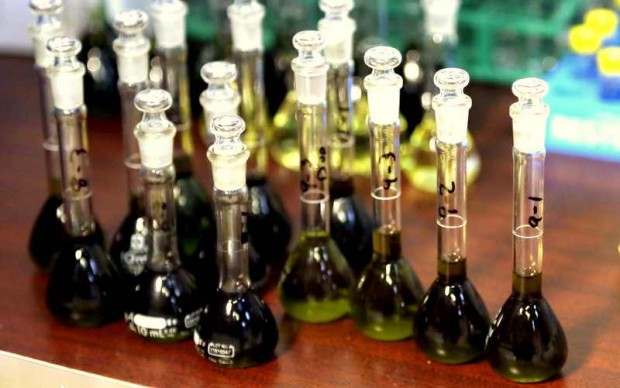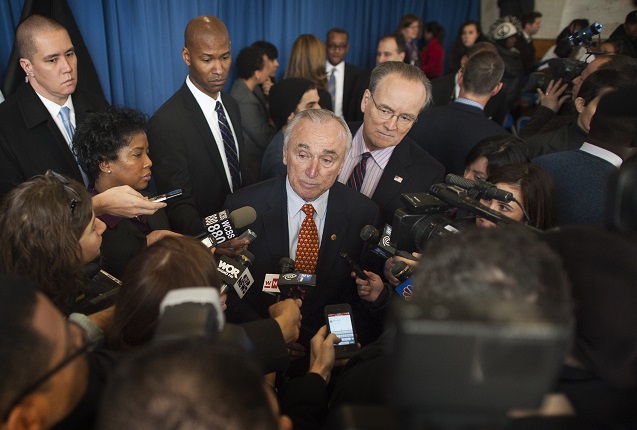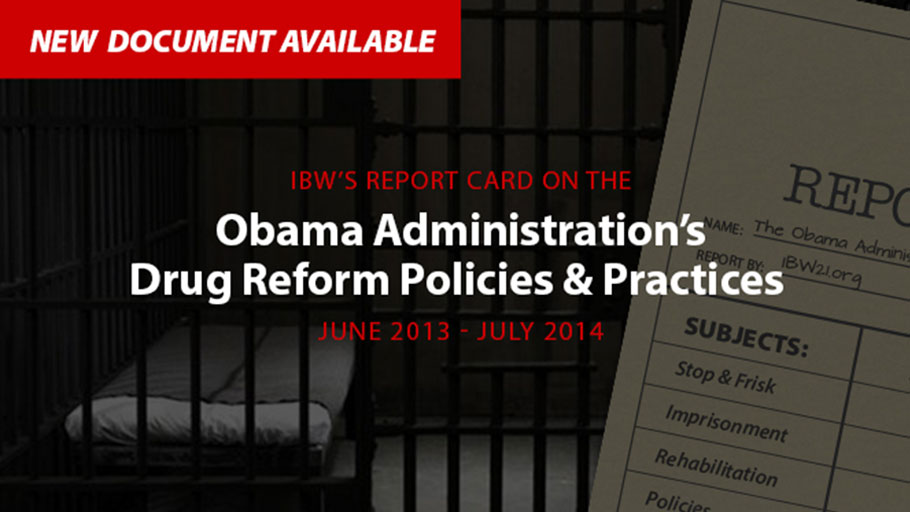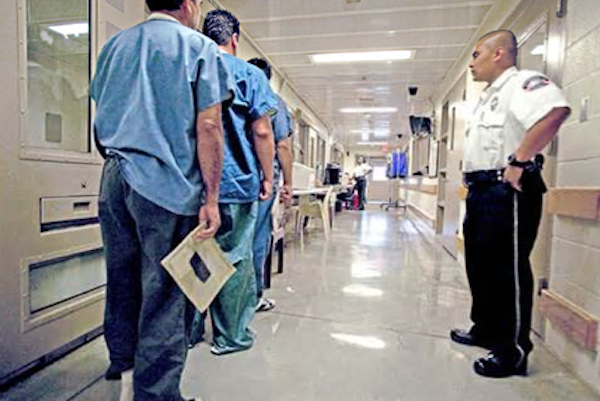
Marijuana is the single largest agricultural commodity in California, and it is the primary vehicle for the war on drugs’ racialized arrest…
Here you will find IBW21 initiative news, announcements, articles, media and document posts. Institute of the Black World 21st Century (IBW21)

Marijuana is the single largest agricultural commodity in California, and it is the primary vehicle for the war on drugs’ racialized arrest…

Two years ago, the U.S. Supreme Court ordered states to stop sending youth offenders to prison for the the rest of their lives without the possibility of parole.
The feds could actually soften their stance a little when it comes to weed.

Congress asks the head of Health and Human Services to do away with an additional review process required only for those hoping to study marijuana’s medicinal effects.
Those who work in marijuana policy reform have long been aware that federal regulations and agencies significantly impede investigators’ ability to conduct clinical studies of cannabis…

This week, the NYPD reported a 13.2 percent increase in shootings across the city since January, compared to the same time frame last year.

Executive Summary of the Report Card Perhaps no other US government program in recent decades has inflicted more social, psychological and economic damage on African-American communities than the ill-fated War…
On Friday, Jamaican Minister of Justice Mark Golding released a statement announcing government support for a proposal to decriminalize the possession of up to two ounces of marijuana and the decriminalization of marijuana use for religious, scientific and medical purposes.
The drug policy reform movement received a global push on Thursday with the release of the West Africa Commission on Drugs statement calling for decriminalization of low-level non-violent drug offenses and broader drug policy refom. Initiated by former United Nations Secretary General Kofi Annan, the Commission is chaired by former Nigerian President Olusegun Obasango and includes other former heads of state as well as a distinguished group of West Africans from the worlds of politics, civil society, health, security and the judiciary.
The Drug Enforcement Administration has been impeding and ignoring the science on marijuana and other drugs for more than four decades, according to a report released this week by the Drug Policy Alliance, a drug policy reform group, and the Multidisciplinary Association for Psychedelic Studies, a marijuana research organization.

What sort of criminal is the target of most federal prosecutions? Mobsters? Bank robbers? No: illegal immigrants. And where do they go? To private prisons, for whom America’s immigration system is a giant profit center.
In the first four months of 2014, the NYPD under Mayor de Blasio and Police Commissioner Bratton arrested an average of 80 people a day for possessing small amounts of marijuana.